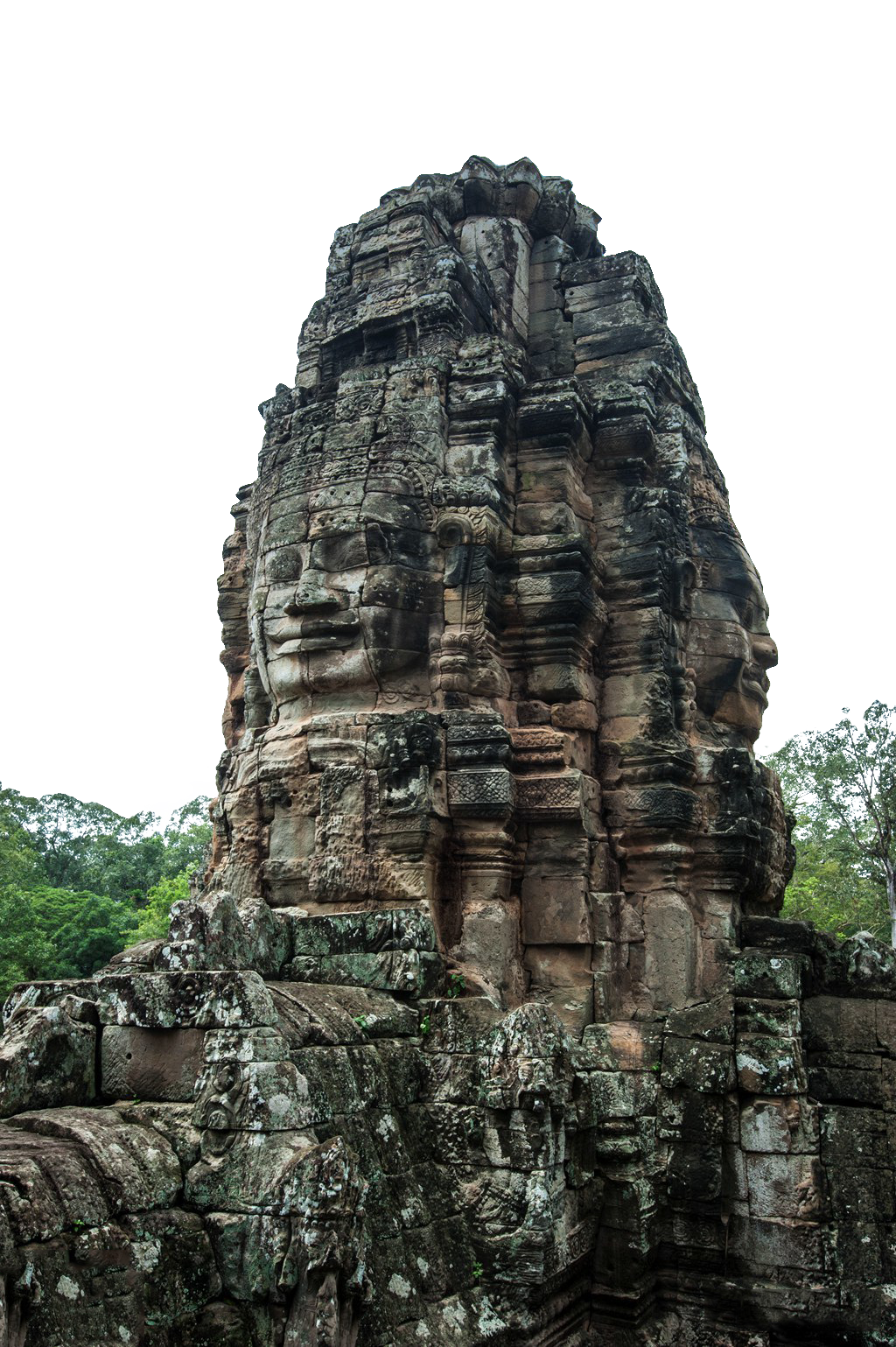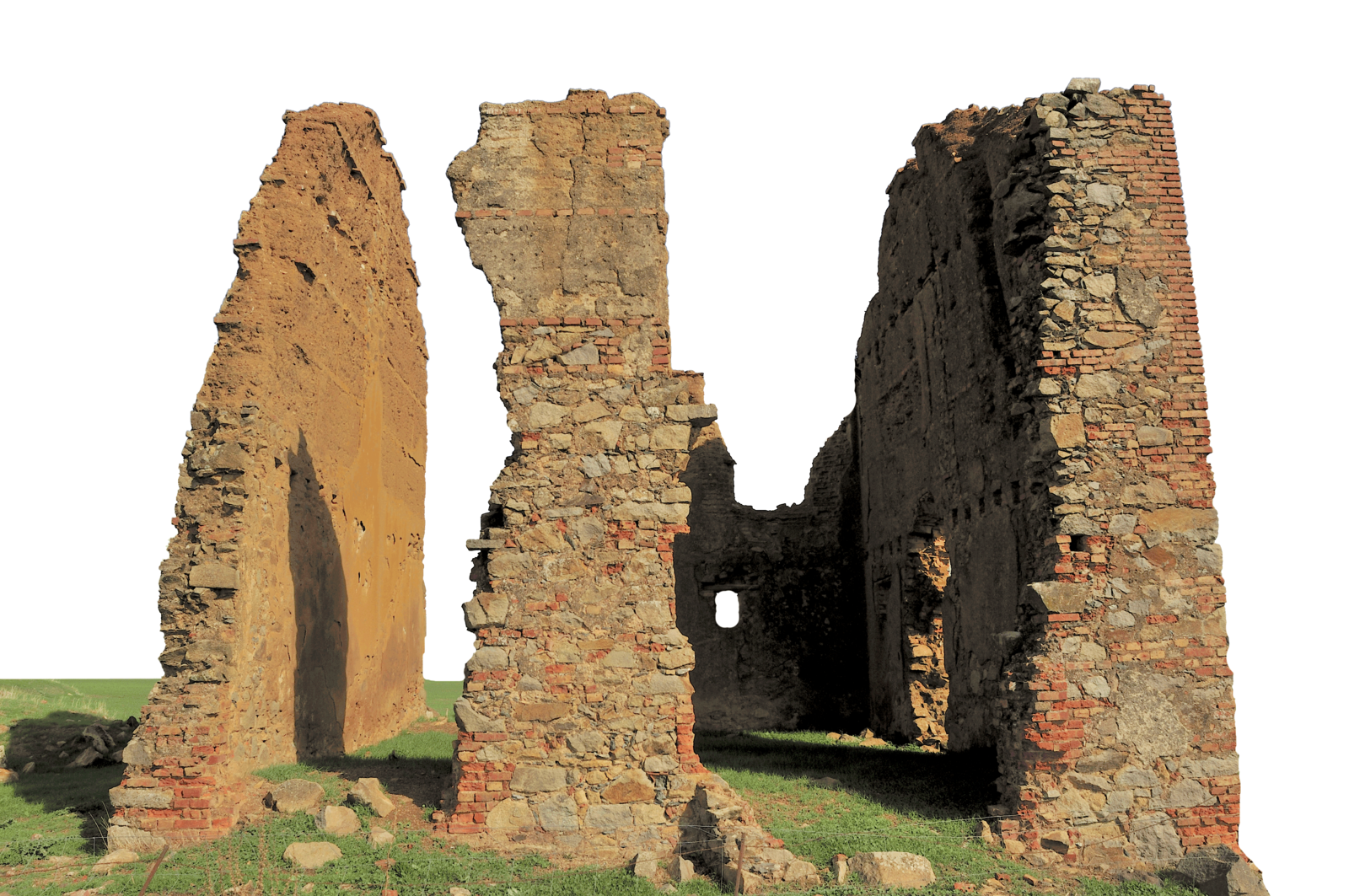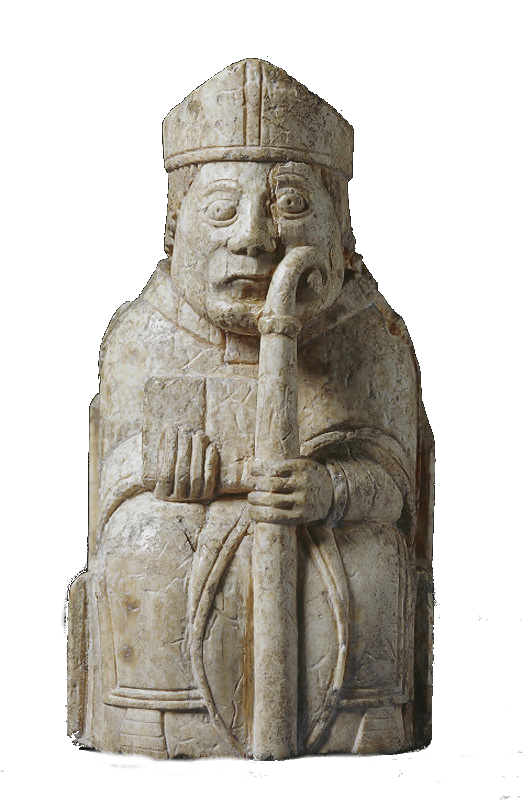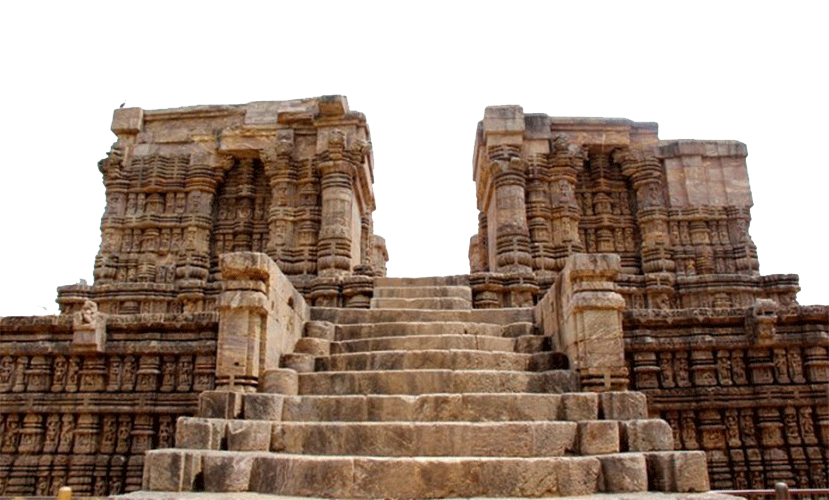Archaeology
Welcome to c/Archaeology @ Mander.xyz!
Shovelbums welcome. 🗿

Notice Board
This is a work in progress, please don't mind the mess.
- 2023-06-15: We are collecting resources for the sidebar!
- 2023-06-13: We are looking for mods. Send a dm to @[email protected] if interested!
About
Archaeology or archeology[a] is the study of human activity through the recovery and analysis of material culture. The archaeological record consists of artifacts, architecture, biofacts or ecofacts, sites, and cultural landscapes.
Archaeology has various goals, which range from understanding culture history to reconstructing past lifeways to documenting and explaining changes in human societies through time.
The discipline involves surveying, excavation, and eventually analysis of data collected, to learn more about the past. In broad scope, archaeology relies on cross-disciplinary research. Read more...
Rules
- Don't throw mud. Be kind and remember the human.
- Keep it rooted (on topic).
- No spam.
- No pseudoscience/pseudoarchaeology.

Links
Archaeology 101:
Get Involved:
University and Field Work:
- Archaeological Fieldwork Opportunities Bulletin
- University Archaeology (UK)
- Black Trowel Collective Microgrants for Students
Jobs and Career:
Professional Organisations:
- Chartered Institute for Archaeologists (UK)
- BAJR (UK)
- Association for Environmental Archaeology
- Archaeology Scotland
- Historic England
FOSS Tools:
- Diamond Open Access in Archaeology
- Tools for Quantitative Archaeology – in R
- Open Archaeo: A list of open source archaeological tools and software.
- The Open Digital Archaeology Textbook
Datasets:
Fun:
Other Resources:

Similar Communities
Sister Communities
Science and Research
Biology and Life Sciences
Plants & Gardening
Physical Sciences
Humanities and Social Sciences
Memes
Find us on Reddit

view the rest of the comments
Both the title and the text of this article are painting with far too broad of a brush.
This was one study done on the remains of 24 people from one place. It’s only towards the last paragraphs that the author points that out, and even then it’s both soft-pedaled and linked in with western male biases.
While we still have a lot to learn about the vast varieties of human civilizations from 10k years ago, and while there are always massive cultural biases that need to be criticized and overcome, this is an example of the worst of scientific journalism. They take what’s an interesting study in a very narrow niche field, and instead of communicating it as such or saying how the work could be expanded, they write about it as if the author has managed to flip archeology on its head.
Just for starters, there’s almost never a single paper that changes everything. Science is a process of incremental progress with plenty of false starts and which undergoes constant revision. There’s a reason why it takes decades for a Nobel prize to be awarded - and those researchers are the ones who define and revolutionize their fields. The first author on this paper is a PhD student. I have no reason to question the soundness of their work, but the enthusiasm of the Guardian author (and the student’s advisor) is in excess of the meaningfulness of the study in a way that is frankly gravely concerning.
Some societies were primarily hunters. Some were gatherers. Many never became agricultural societies. Many did. Rather than throwing out every anthropology textbook because of a single paper written by a student from the University of Wyoming based on an analysis of 24 remains from a specific region of the Andes, it would be better to say “Hmm, that’s interesting - I wonder if that applied more broadly to the region,” or even “I wonder how many other regions depended largely on wild tubers.”
For better and for worse, humans (and I mean that term to be inclusive of species other than H sapiens as well) populated almost every ecosystem across the planet. They hunted and gathered and planted and raised livestock. There are fascinating interactions between the modes of subsistence of a culture and cultural norms from family relations to trade and war. In many cases the ecosystems they lived in don’t resemble what we see in those regions today, from weather patterns to flora and fauna. There’s less than no reason to think that populations living in wildly different ecosystems would resemble one another - they simply did not.
I’m very happy that these folks ate a lot of potatoes, and I agree with the more general observation that conventional wisdom is mostly wrong about many things, ranging from evolutionary biology to theoretical physics. I just wouldn’t ride too far on this particular horse.